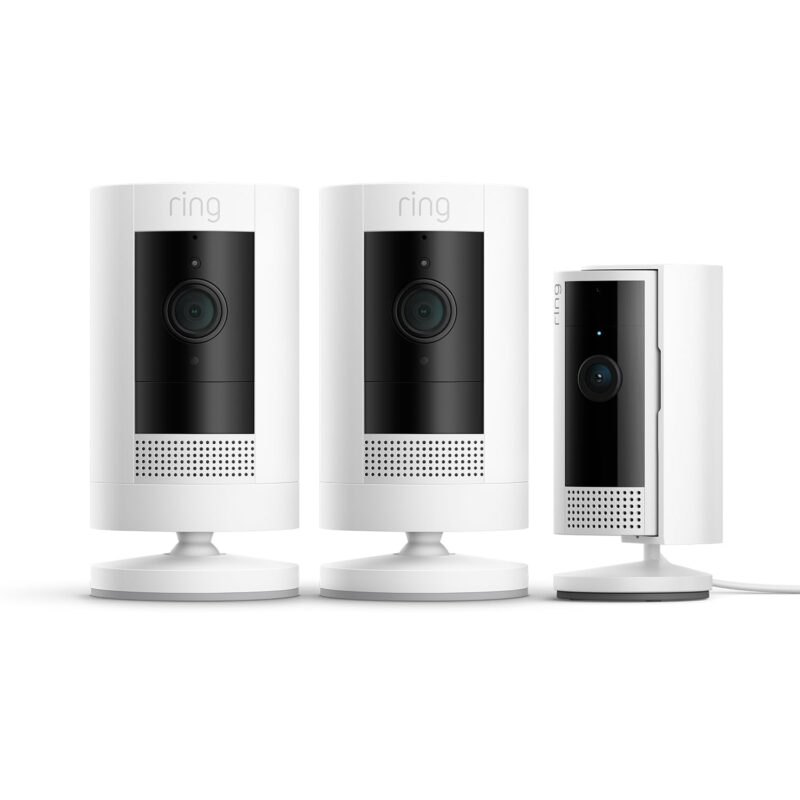Comparison culture is real. We know that as adults. We do it all the time – measuring how we are doing against others, from success at work to parenting. But we have better access to coping mechanisms so it doesn’t take over our lives.
For kids it’s tough. They don’t always understand the differences between people’s situations and Christmas really highlights the discrepancies. Especially when it comes to why Santa delivers the latest tech to some children in a class and much more modest gifts to others.
For older children, they can see the social media posts from their peers who might have a more extravagant experience than them. So how do we help them handle comparison culture this Christmas? Here are some tips.

Christmas comparison culture tips
Manage expectations
As much as most parents would love to give their kids everything they want for Christmas, it’s not usually possible – especially during the a cost-of-living crisis. So it’s crucial to make your kids are aware that Santa isn’t very likely to be bringing them the expensive gifts on their wish-list this year. But that doesn’t mean whatever they do get won’t be great.
A little foresight and preparation helps kids manage potential disappointments and lessens the urge to compare. More importantly, it shifts the focus from the materialistic value of gifts to the thought and intention behind them.
Talk about the benefits of the free bits of Christmas
Make sure you help your kids understand that Christmas isn’t just about the gifts you get. Promote the non-material aspects of the festive period, such as family traditions, the joy of giving and the value of spending quality time together
Gifting children an activity to enjoy together, one-on-one, reinforces the idea that time spent together is a precious gift in itself, for example.
Think about language
Language plays a vital role in shaping your family values. And that sense of belonging is particularly powerful in battling comparison culture. Use inclusive language, like ‘In our family, we value…’ to strengthen that feeling. The way you talk at home influences how children feel about themselves and how they experience Christmas.

Emphasise their uniqueness
Another way of helping reduce how much children compare themselves and their gifts to their friends is to make them aware they are unique. Help them consider that what’s great for one of their friends might not be great for them.
Promote uniqueness as preferable to uniformity to help reduce their tendency to compare during Christmas and beyond. What is different about your Christmas? What makes it special and different from your child’s peers’ festive period?
Encourage kids to make their own gifts
Creative crafting is a fun Christmas activity, as well as being good for saving money and keeping the kids entertained. Plus, if children make gifts it helps them appreciate that nice presents don’t actually have to cost anything.
Encourage your children to create personal gifts for others – such as drawings, crafts, cards, or poems. The thought and effort put into these gifts serves as a powerful example of giving and receiving gifts that hold more sentimental than materialistic value. This helps them appreciate the fact that Yuletide doesn’t have to be about how much cash you spend.
Make yourself available
While children of different ages, abilities, and personalities need diverse forms of attention and support, they all need to feel they can talk to their parents about how they feel. As much as you try and handle comparison culture, they may need reassurance from time to time.
Creating an environment where children feel safe and comfortable discussing their feelings is essential. If they express feelings of jealousy or inadequacy, it’s important to address their concerns empathetically and without judgement.









